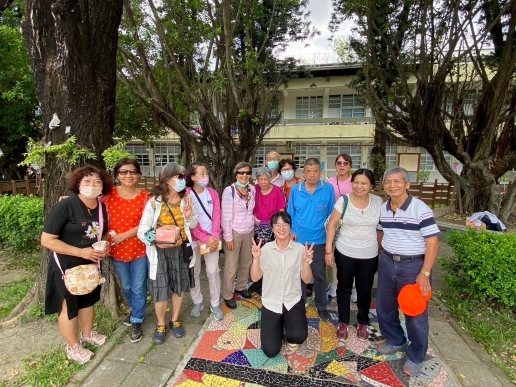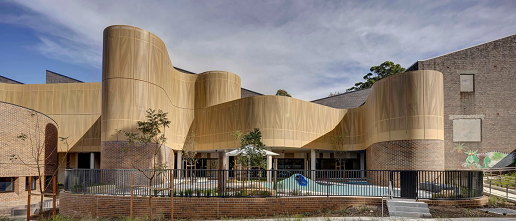【Taiwan Immigrants’ Global News Network】Edited by Raymond Rodriguez
In 2020, the Ministry of Culture (MOC, 文化部) invited the Southeast Asian Affairs Advisory Committee (東南亞事務諮詢委員) for the first time and received enthusiastic responses. In 2021, despite the epidemic situation, the MOC will continue to maintain cultural exchanges with the New Southbound Policy (新南向) countries, and once again work with the Southeast Asian Affairs Advisory Committee to handle the "New Southbound Overseas Exchange Special Topics Projects") 新南向海外交流專題計畫) to start various exchanges with Thailand, Vietnam, the Philippines, Indonesia, Malaysia, and other countries.
0828.jpg)
Attract Southeast Asian students to compete and participate. Photo/provided by the Ministry of Culture
According to the MOC, the approved plans in 2021 include five projects such as online art residency, online shows, online forums, special studies, field visits, and publishing. The countries included in the exchanges have expanded to Thailand, Vietnam, the Philippines, Indonesia, and Malaysia, New Zealand, Australia, etc. It is hoped that through the implementation of the "New Southbound Overseas Exchanges Special Project", communication with Southeast Asian countries will continue even under the epidemic and will have more possibilities for international cultural exchanges in the post-epidemic era.
0828.jpg) The Ministry of Culture cooperates with the Central Government to expand its New Southbound Policy. Photo/Retrieved from "United Daily News"
The Ministry of Culture cooperates with the Central Government to expand its New Southbound Policy. Photo/Retrieved from "United Daily News"
The selected projects include the discussion and online teaching of classical music between Taiwan and Vietnam, the comparison of Taiwan and Thailand's ballads, dialogues linking the history and culture between Taiwan and the Mekong River and studies and online exchanges with Southeast Asian countries on the three major contemporary issues. One of the dance genres is "Asian Dance Step (Butoh) (亞洲舞踏)"; and explores the possibility of online realization of "Art Residency" (藝術駐村) during the epidemic, how to meet the creative needs of the Art Residency through online communication and provide related support. Diverse and meaningful content provides a new footnote for Southeast Asian cultural exchanges in the post-epidemic era.

0828.jpg)





